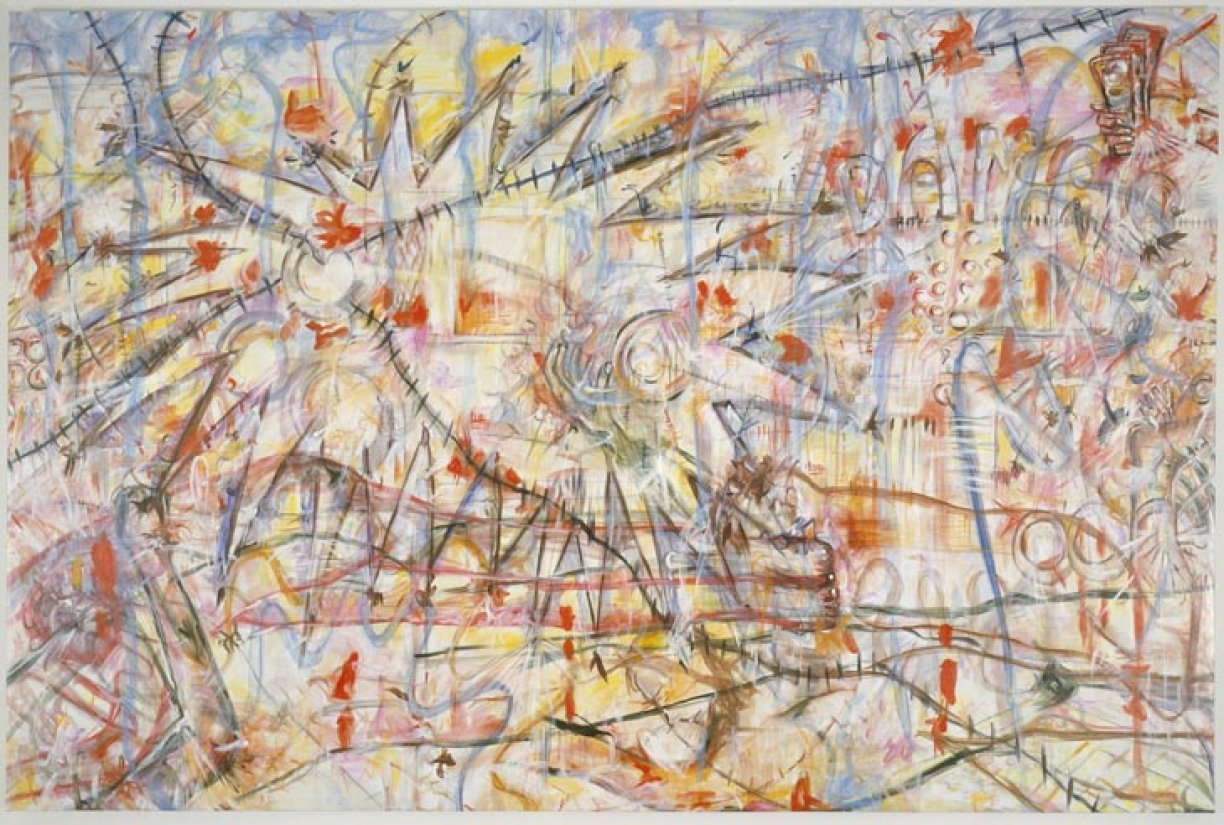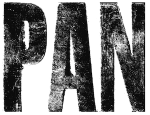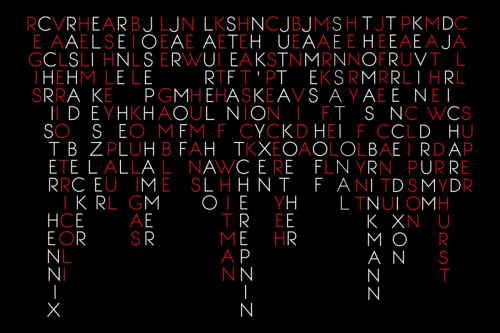As part of the June PAN_ACT festival, ISSUE Project Room and Goethe-Institut New York present a free day-long series of talks with some of the most distinctive voices in experimental electronics: Keith Fullerton Whitman & Rashad Becker, Joseph Hammer, Jutta Koether, Steve Warwick (Heatsick), and Thomas Brinkmann.
1pm - Keith Fullerton Whitman & Rashad Becker
2pm - Joseph Hammer with Aaron Moore
3pm - Jutta Koether
4pm - BREAK
5pm - Steve Warwick (Heatsick) with Alexander Provan
6pm - Thomas Brinkmann with Manuel Cirauqui
Keith Fullerton Whitman is an American electronic musician who has recorded albums influenced by many genres, including ambient music, drone, electronic, drill and bass, musique concrète and krautrock. He records and performs using many aliases, of which the most familiar is Hrvatski and has been also member in many 90s bands, including El-Ron, The Liver Sadness, Sheket/Trabant, The Finger Lakes and Gai/Jin. He started recording using his own name in 2001, and most of his work recorded today is under that name. He studied computer music at Berklee College of Music, where he was exposed to modern electronic music composition and synthesis. His moniker ASCIII has released music distributed with an academic journal. His studio and live setup usually consists of computer devices and other analogue instruments, such as guitars, ouds and synthesizers. Whitman has released albums on labels such as Planet Mu, Kranky, Carpark Records, No Fun Productions, Root Strata as well on his own Entschuldigen and (now defunct) Reckankreuzungsklankewerkzeuge labels.
Whilst best known among techno fans and audiophiles as an engineer at Berlin’s revered Dubplates & Mastering (D&M) facilities, Rashad Becker also creates precise, phantasmic computer sound designs encouraging audiences to focus their hearing. His carefully constructed, sparse improvisations, have unexpected qualities, and have been called conversational not only for his sampling of dissected human voices, but for the way these samples integrate with the timbre of his electronics. “It sounded like a long stream-of-consciousness sentence made up short syllables, electronic oohs and wahs, sections of muttering, and occasionally bickering. Whatever he does, it seems Becker has the knack of giving sound its voice.” (Scott McMillan in the Liminal)
Joseph Hammer is a sound artist from Los Angeles, and has actively created experimental works since 1980 as a member of the LAFMS collective. His multi-dimensional audio collage techniques yield completely unorthodox, hypnosis-inducing free-form improvisations. His practice draws on the complexities of the process of listening and playing, reflecting on the role of the audience versus the performer, and uses music as it influences our notion of time, memory and intimacy as the basis for improvisation and abstraction. In various collaborations, solo, and as a founding member of the trio Solid Eye along with several other projects (Joe & Joe, Dinosaurs With Horns, Dimmer, Points of Friction), Hammer has performed widely and is an influential contributor to the Los Angeles underground scene.
Jutta Koether, born in 1958 in Cologne, lives and works in New York. Known as one of the central figures in contemporary painting, Koether is more than a painter, and works actively as a performance artist, musician, writer and theoretician. Her role as an artist was long reduced to being regarded as a feminist response to a specific scene of the late 1980s in Cologne, Germany. With her translucent color fields, the gestural brush stroke, drawings of female bodies and the lyrical appropriation of poetry and art history, she frequently seems to assume positions in contrast to artists such as Martin Kippenberger, Sigmar Polke and Albert Oehlen. As critic and editor of the music and pop culture magazine Spex and as performance artist and musician, however, Koether did not fit the typical image of the art scene of that time. Since the start of her artistic career Koether has sought to make expansion her program. At the same time, it has always been important to her not to take an unequivocal role as an artist, but always to work from several positions. Since coming to New York in the 1990s, she moves in an expanded field of experiment and improvisation, literature and theory in the New York scene. Cooperation with musicians like Tom Verlaine (Television) or Kim Gordon (Sonic Youth) often provides her with more important inspiration than the work of other visual artists. It is specifically through these apparent detours and alternative forms of energy that she has created a kind of free space for herself, which enables a reevaluation of the medium of painting and its potential that is so urgently needed in today’s situation.
Steve Warwick aka Heatsick and Triple Canopy founder and editor Alexander Provan discuss Heatsick's music and methodology as they relate to the history of cybernetics, the social contexts of technology, and dark ecology. Heatsick uses various instruments including voice, keyboard and percussion to create saturated washes of tone, floating and disintegrating entropic loops, while also using deliberately broken continuity as a playful, live conceptual gesture. Provan has written extensively on digital culture, aesthetics, literature, and politics. His work has appeared in The Nation, The Believer, n+1, Bookforum, Artforum, and Frieze, among other publications.
Techno-conceptualist DJ Thomas Brinkmann and writer-curator Manuel Cirauqui conduct a conversation considering sampling as reanimation. Reanimation, the uncanny action of bringing back to life a dead body, pervades the early history of sound recording, evoking pre-Darwinian phantasms of scientific knowledge and method. Thomas Brinkmann is an acclaimed conceptual musician and artist based in Cologne, Germany. He began sampling and experimenting with carved-groove records in the late 1970s and studied at the Düsseldorf Art Academy. Using a custom-engineered, two-arm turntable, Brinkmann constructed full-length "variations" of techno albums by Mike Ink and Richie Hawtin, which were first released in 1997 and presented that same year at Documenta X, Kassel. Manuel Cirauqui is a writer and curator based in New York. Cirauqui has published in magazines and journals including PAJ: A Journal of Performance and Art, Bomb, 20 / 27, Frieze, Kaleidoscope, and Làpiz, among many others, and his writing has been featured in numerous exhibition catalogs and art books. He is currently a Curatorial Associate at Dia Art Foundation, New York.






